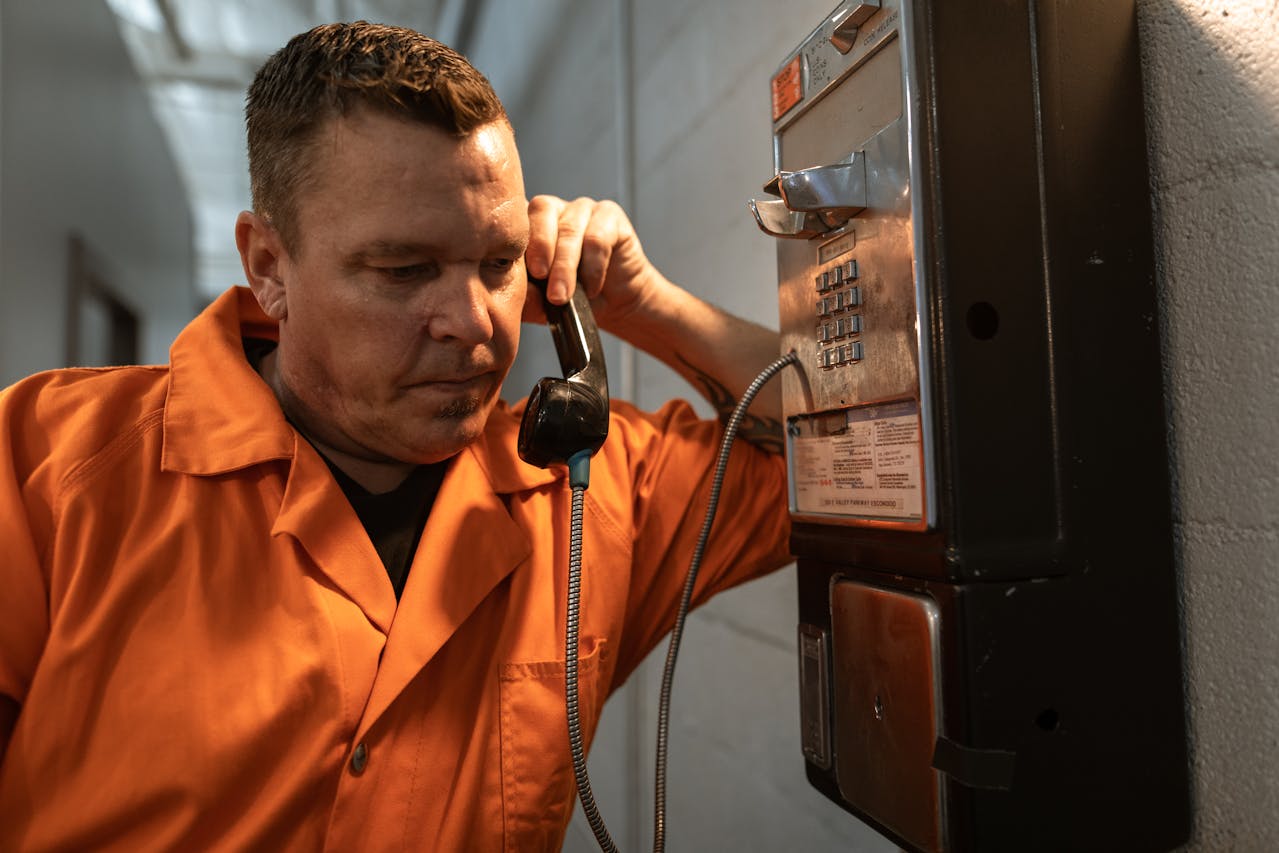Court records are generally public, but there are important exceptions and considerations to keep in mind.
Here’s a detailed overview…
General Principle
- Public Access – Most court records are accessible to the public as a matter of transparency and accountability in the judicial process.
Types of Public Court Records…
- Case Filings – Complaints, motions, pleadings, and other documents filed with the court.
- Court Orders – Decisions and orders issued by the judge.
- Docket Information – Summary of the proceedings, including dates and documents filed.
- Transcripts – Records of what was said during court hearings and trials, though these may require a fee to obtain.
Exceptions to Public Access…
- Sealed Records – Certain cases or specific documents within a case may be sealed by the court, making them inaccessible to the public. Reasons for sealing can include protecting privacy, sensitive information, or national security.
- Juvenile Records – Cases involving minors are typically not open to the public to protect the privacy of the juvenile involved.
- Family Law Cases – Certain aspects of family law cases, such as those involving child custody or divorce, may be restricted to protect the privacy of the parties involved.
- Mental Health Records –Records related to mental health proceedings are usually confidential.
- Grand Jury Proceedings –These are typically closed to the public to ensure the integrity of the process and protect the identities of witnesses and jurors.
Accessing Public Court Records…
- In-Person
- Visit the Courthouse – You can visit the courthouse where the case was filed and request to view the records.
- Clerk’s Office – The clerk’s office can help you locate and access the records.
- Online
- Court Websites – Many courts provide online access to case information and records. Look for a case search or docket search feature on the court’s official website.
- PACER – For federal court records, you can use the PACER system (Public Access to Court Electronic Records). This service requires an account and charges a fee for access.
- Third-Party Services – Some third-party websites aggregate court records and offer search capabilities. These services may also charge fees for access.
Steps to Access Court Records…
- Identify the Court – Determine which court is handling the case you are interested in (federal, state, or local).
- Visit the Court’s Website: –Look for an online case search feature.
- Search by Case Number or Name – Enter relevant information to locate the case.
- Review and Download Documents – Depending on the system, you may be able to view and download the records directly.
Fees and Restrictions…
- Fee Requirements – Some jurisdictions charge fees for accessing court records, particularly for downloading documents or obtaining certified copies.
- Privacy Protections – Personal information such as Social Security numbers, financial account numbers, and other sensitive details is often redacted from public records.
Practical Tips…
- Check Multiple Sources – If you can’t find the records you need online, try contacting the court directly or visiting in person.
- Stay Informed – Keep up-to-date with the specific rules and regulations of the jurisdiction handling the case, as they can vary.
By understanding these principles and steps, you can effectively navigate the process of accessing public court records.





